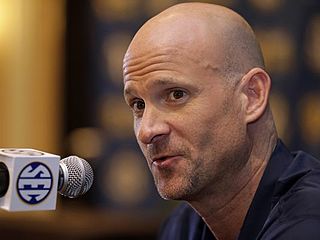A Quote by John Irving
The characters in my novels, from the very first one, are always on some quixotic effort of attempting to control something that is uncontrollable - some element of the world that is essentially random and out of control.
Related Quotes
I cannot control what you bring into the theater when you see the film. I can't control what my parents bring in. I can't control what some random person on Twitter brings in to the theater. All I can control is the hour and 50 minutes that the movie lasts, and try to give it absolutely everything I can.
There is a documentary element in my films, a very strong documentary element, but by documentary element, I mean an element that's out of control, that's not controlled by me. And that element is the words, the language that people use, what they say in an interview. They're not written, not rehearsed. It's spontaneous, extemporaneous material. People
I admire addicts. In a world where everybody is waiting for some blind, random disaster or some sudden disease, the addict has the comfort of knowing what will most likely wait for him down the road. He's taken some control over his ultimate fate, and his addiction keeps the cause of his death from being a total surprise.
Sovereignty is the term the Bible uses to describe God's perfect control and management of the universe. He preserves and governs every element. He's continually involved with all created things, directing them to act in a way that fulfills his divine purpose. That's why the most stressed-out people are control freaks. They fail at the quest they most pursue. The more they try to control the world, the more they realize they cannot. Life becomes a cycle of anxiety, failure; anxiety, failure; anxiety, failure. We can't take control, because control is not ours to take.





































